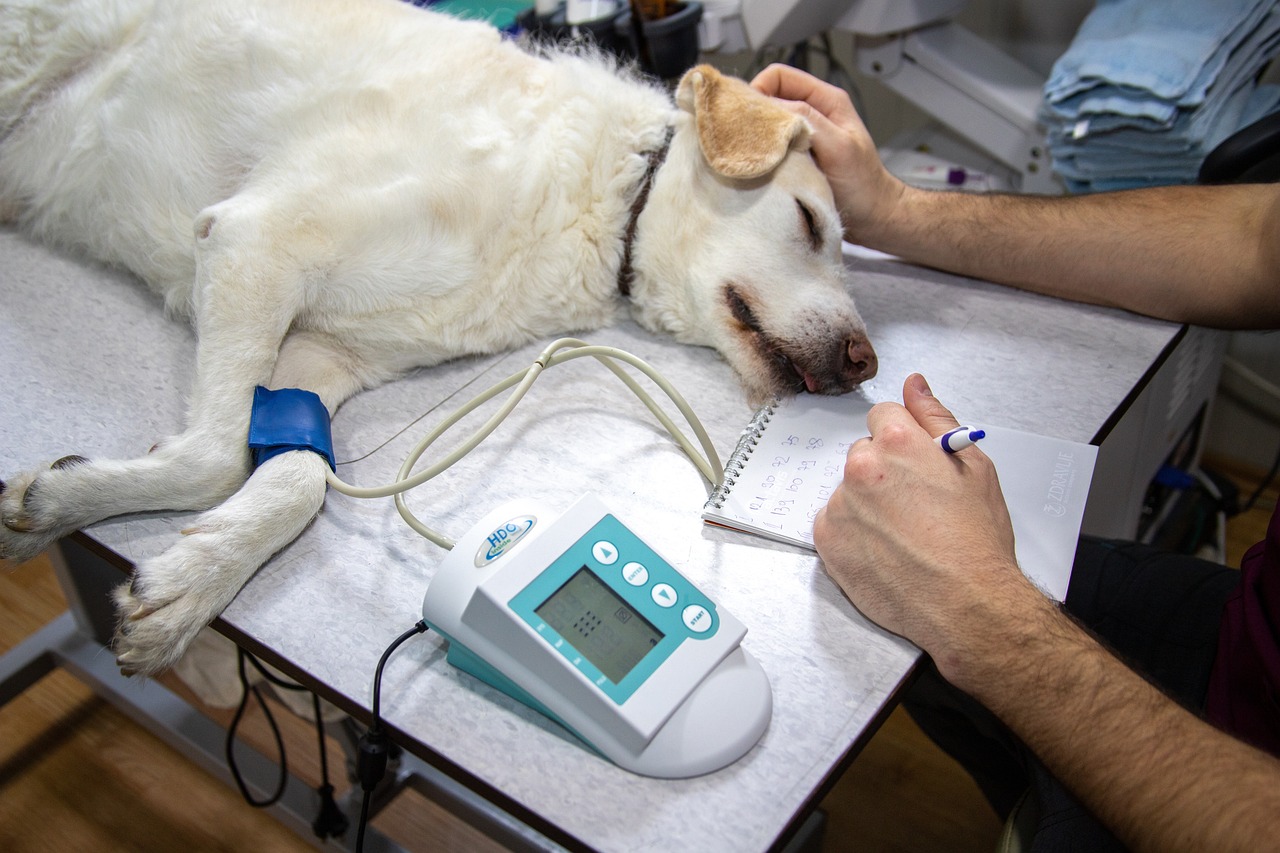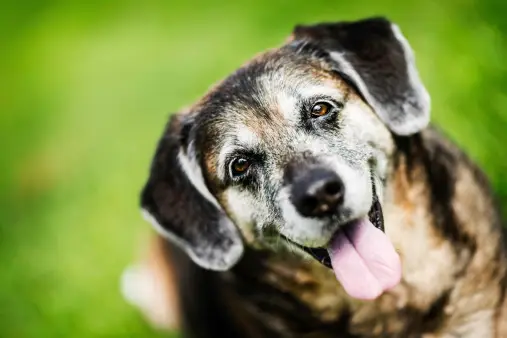Canine and Feline Aromatherapy: Essential Oils for Relaxation and Wellness
In recent years, aromatherapy has gained traction not just for humans but also for our beloved pets. Canine and feline aromatherapy focuses on the use of essential oils to promote relaxation, wellness, and overall health in dogs and cats. This holistic approach can complement conventional veterinary care and offer natural solutions for various issues. In this article, we’ll explore how aromatherapy works for pets, the benefits of specific essential oils, and guidelines for safe and effective use.
Understanding Aromatherapy for Pets
Aromatherapy involves using essential oils derived from plants to influence health and well-being. These oils are typically extracted through methods like steam distillation or cold pressing. For pets, aromatherapy aims to utilize these oils to address physical and emotional issues, such as stress, anxiety, and discomfort.
How Aromatherapy Works
Essential oils contain compounds that interact with the body’s olfactory system and nervous system. When a pet inhales these compounds or absorbs them through the skin, they can have therapeutic effects. For example:
- Olfactory System: The smell of essential oils can trigger emotional and physiological responses.
- Skin Absorption: Essential oils can be absorbed through the skin and into the bloodstream, potentially offering benefits to various body systems.
Benefits of Aromatherapy for Pets
Aromatherapy can provide numerous benefits for pets, including:
- Relaxation and Stress Relief: Essential oils can help calm anxious or stressed pets.
- Improved Mood: Aromatherapy can uplift your pet’s mood and enhance overall well-being.
- Support for Physical Health: Some essential oils can aid in alleviating minor discomforts and supporting immune function.
Essential Oils for Dogs and Cats
Different essential oils offer varying benefits. However, not all oils are safe for pets, and their use should be approached with caution. Below are some essential oils commonly used in canine and feline aromatherapy, along with their benefits:
1. Lavender (Lavandula angustifolia)
Benefits:
- Relaxation: Lavender is well-known for its calming properties, making it useful for pets with anxiety or stress.
- Skin Health: It can help soothe minor skin irritations and promote healing.
Usage:
- For Dogs: Lavender oil can be used in diffusers or diluted and applied topically to help calm nervous dogs.
- For Cats: Use lavender oil sparingly and always in a well-ventilated area. Avoid direct application on cats, as they are more sensitive to essential oils.
2. Chamomile (Matricaria chamomilla)
Benefits:
- Calming Effect: Chamomile is known for its soothing properties and can help reduce anxiety and promote relaxation.
- Digestive Support: It can assist with minor digestive issues and promote overall comfort.
Usage:
- For Dogs: Chamomile oil can be used in diffusers or diluted and applied to the skin for calming effects.
- For Cats: Use chamomile oil cautiously and consult with a veterinarian before application.
3. Peppermint (Mentha piperita)
Benefits:
- Digestive Aid: Peppermint can support digestive health and alleviate symptoms like nausea.
- Cooling Effect: It can provide a cooling sensation and relieve minor discomfort.
Usage:
- For Dogs: Peppermint oil can be used in diluted form for digestive issues or to provide a refreshing effect.
- For Cats: Peppermint is generally not recommended for cats due to its strong aroma and potential for irritation.
4. Frankincense (Boswellia carterii)
Benefits:
- Immune Support: Frankincense can support the immune system and promote overall health.
- Calming: It has grounding properties that help with anxiety and stress relief.
Usage:
- For Dogs: Frankincense oil can be used in diffusers or diluted for topical use to support immune health and relaxation.
- For Cats: Use with caution, and always consult with a veterinarian before use.
5. Eucalyptus (Eucalyptus globulus)
Benefits:
- Respiratory Health: Eucalyptus can aid in respiratory function and provide relief from congestion.
- Antimicrobial: It has natural antimicrobial properties that can support overall health.
Usage:
- For Dogs: Eucalyptus oil can be used in diffusers or diluted for topical application to support respiratory health.
- For Cats: Eucalyptus should be used very sparingly and in a well-ventilated area, as it can be irritating to cats.
Guidelines for Safe Use of Essential Oils
While aromatherapy can be beneficial, it is essential to use essential oils safely and appropriately to avoid potential risks. Here are some guidelines for using essential oils with pets:
1. Consult Your Veterinarian
Before introducing any new essential oils into your pet’s routine, consult with a veterinarian, especially if your pet has pre-existing health conditions or is on medication.
2. Use Pet-Safe Essential Oils
Not all essential oils are safe for pets. Always choose oils that are known to be safe for animals and avoid those that are toxic or irritating.
3. Dilute Essential Oils
Essential oils should be diluted before use. For topical application, dilute the oil with a carrier oil such as coconut or jojoba oil. For diffusing, use only a few drops in a well-ventilated area.
4. Monitor Your Pet’s Response
Observe your pet closely after introducing an essential oil. Look for any signs of discomfort, irritation, or adverse reactions. If any negative symptoms occur, discontinue use and consult your veterinarian.
5. Avoid Direct Application
For most essential oils, direct application to the skin should be avoided unless properly diluted and advised by a veterinarian. Always use essential oils in a controlled manner to prevent overexposure.
6. Ensure Proper Ventilation
When using essential oils in diffusers, ensure that the room is well-ventilated to prevent your pet from being overwhelmed by strong scents.
Applications of Aromatherapy for Pets
Essential oils can be applied to pets in various ways, including:
1. Diffusion
Using an essential oil diffuser is a popular method for aromatherapy. It disperses tiny particles of essential oil into the air, allowing your pet to inhale the beneficial compounds.
2. Topical Application
Diluted essential oils can be applied to specific areas of your pet’s body, such as the back of the neck or paws. Always dilute the oil and perform a patch test to check for any allergic reactions.
3. Bath Additives
A few drops of diluted essential oil can be added to your pet’s bath to provide soothing effects. Ensure the oil is well-diluted and safe for your pet’s skin.
4. Pet Bedding
Adding a small amount of diluted essential oil to your pet’s bedding can help create a calming environment. Ensure that the scent is not overwhelming and that your pet is comfortable with it.
Common Misconceptions About Aromatherapy for Pets
1. All Essential Oils Are Safe
Not all essential oils are safe for pets. Some oils can be toxic or cause irritation, so always verify safety before use.
2. Essential Oils Can Replace Veterinary Care
Aromatherapy is not a substitute for conventional veterinary care. It should be used as a complementary therapy alongside traditional treatments.
3. Strong Scents Are Better
Stronger scents are not necessarily better and can overwhelm or irritate your pet. Use essential oils in moderation and always ensure proper ventilation.
Conclusion
Canine and feline aromatherapy offer a natural and holistic approach to supporting the well-being of pets. By understanding the benefits of specific essential oils and following safety guidelines, you can use aromatherapy to enhance relaxation, alleviate stress, and promote overall health in your furry companions. Always consult with your veterinarian before introducing essential oils into your pet’s routine to ensure their safety and effectiveness. With proper care and attention, aromatherapy can be a valuable addition to your pet’s wellness regimen.




